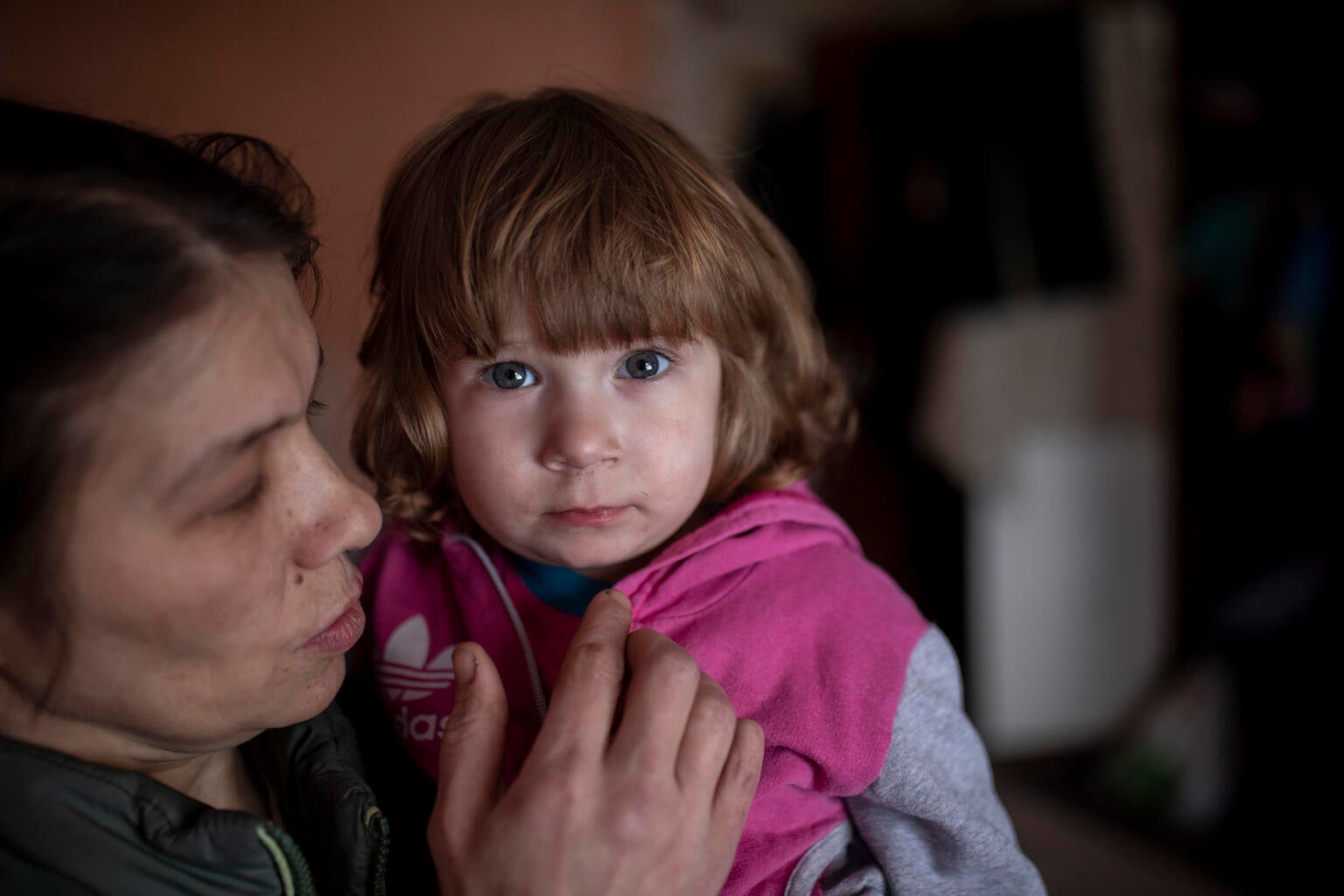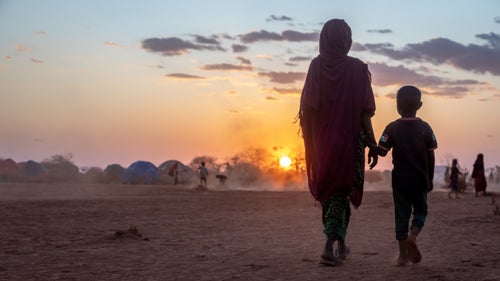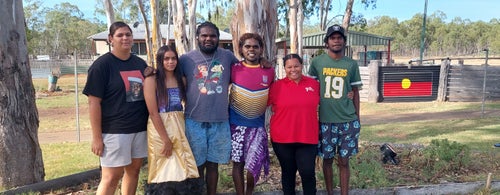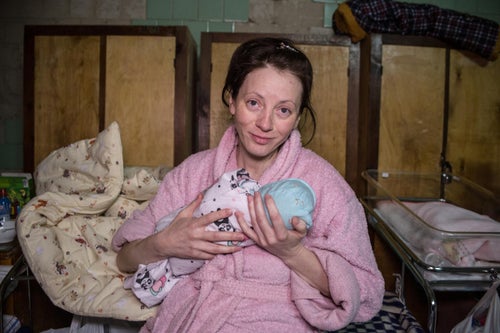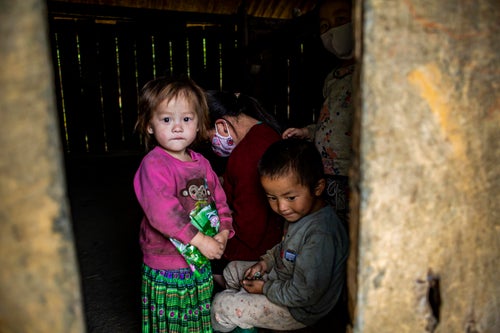Even for adults, images on the news can be distressing and take a toll on our mental health. Little ones may be even more confused and will likely have questions about what is happening and why.
You don't need to have all the answers to have a meaningful conversation and settle their nerves. Here are a few things to keep in mind when those conversations arise.
1. Make time for the conversation and listen to their concerns
Start by inviting your child to talk about what they’ve heard about the crisis in Ukraine, or engaging with them when they bring it up. Evidence suggests that having a supportive discussion about a stressful event can decrease distress.
Find out how much they already know and follow their lead. Make sure you are in a safe environment and allow your child to talk freely and honestly. Drawing, stories and other activities may help to open a discussion.
Most importantly, don’t minimise or avoid their concerns. Be sure to acknowledge their feelings and assure them that it’s natural to feel scared about these things. Demonstrate that you’re listening by giving them your full attention, and make sure they understand that they can talk to you and their teachers whenever they like.
2. Be honest: explain the truth in a child-friendly way
Children have a right to truthful information about what’s going on in the world, but adults also have a responsibility to keep them safe from distress. Use age-appropriate language, watch their reactions, and be sensitive to their level of anxiety.
If you don't know the answers, that's okay. Depending on their age, you can use it as a time to find answers together. Some of the best resources for child-friendly news updates are Behind The News and KidsNews.
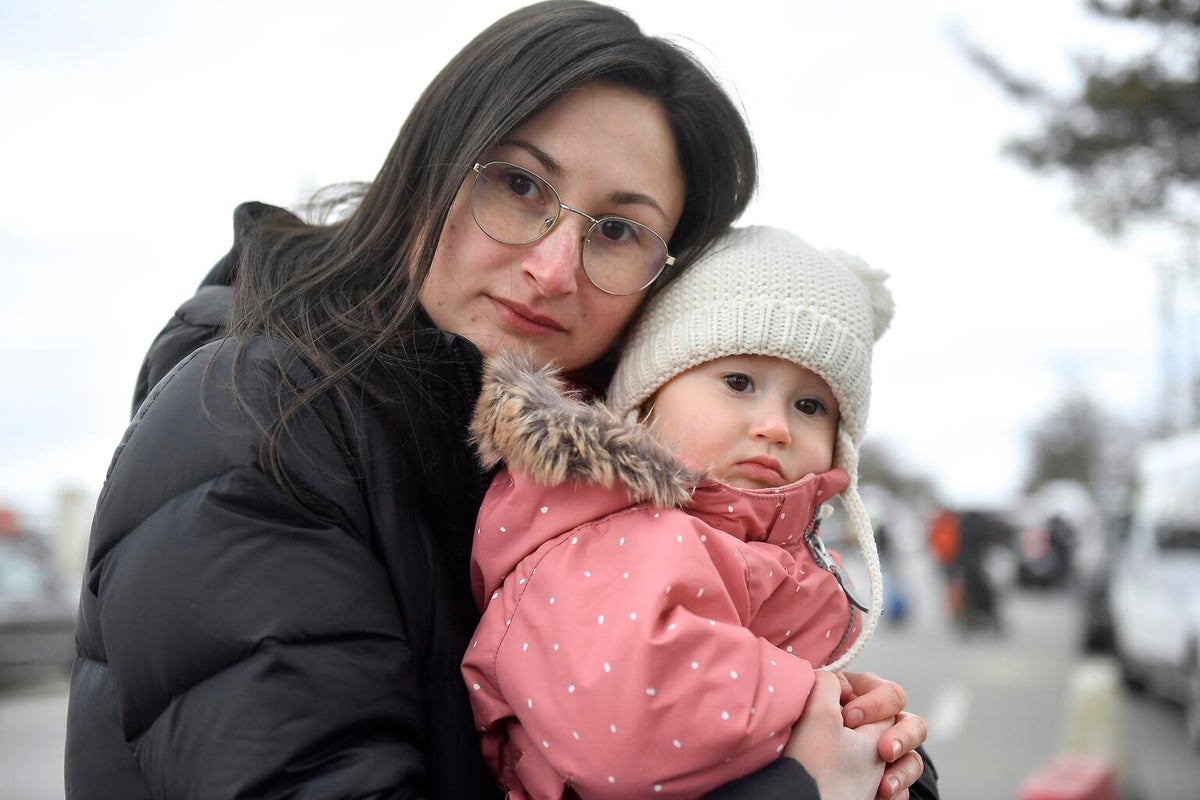
3. Be conscious of what your child is being exposed to
It might be a morning or evening routine to have the news on at home, but images of destroyed homes and families fleeing can be distressing, explicit and stay with children long after they see them.
Be aware of what your little ones are seeing online, on TV or via their friends. Putting child safeguard settings in place on shared computers can be a good idea to limit results that come up if they are searching for answers.
4. Reassure them with your normal family routines
When we’re seeing lots of troubling images on TV or online, it can sometimes feel like the crisis is all around us. Children may not distinguish between images on screen and their own personal reality, and they may believe they’re in imminent danger.
You can help your children cope with the stress by making opportunities for them to play and relax, when possible. Keep regular routines and schedules as much as possible, especially before they go to sleep, or help create new ones in a new environment.

5. Let them know that kind and dedicated people are doing everything they can to help
It’s important for children to know that people are helping each other with acts of kindness and generosity. Reminding children that there are forces for good in the world is important to help them feel protected and safe.
Letting them know that organisations like UNICEF exist especially to protect and deliver emergency supplies to children who are scared or living in dangerous places can settle some of their fears.
Conflict can often bring with it prejudice and discrimination. When talking to your children, avoid labels like “bad people” or “evil” and instead use it as an opportunity to encourage compassion, for everyone who is affected.
Your children might have friends who have connections to people on both sides of the conflict, or have a direct connection themselves. Check that your children are not experiencing or contributing to bullying. If they have been called names or bullied at school, encourage them to tell you or an adult whom they trust.
Remind your children that everyone deserves to be safe at school and in society. Bullying and discrimination is always wrong and we should each do our part to spread kindness and support each other.
6. Take care of yourself
You’ll be able to help your kids better if you’re coping, too. Children will pick up on your own response to the news, so it helps them to know you’re calm and in control.
If you’re feeling anxious or upset, take time for yourself and reach out to other family, friends and trusted people in your community. Make some time to do things that help you relax and recuperate.
7. Offer them a practical way you can help as a family
Taking action as a family can help to reassure your child that they have done something to help the people or situation they are worried about.
This can be as simple as drawing a picture, writing to a decision maker or donating $5 to a charity working in the conflict zone. This can help them to feel like they have done something good to help the situation.
8. Close conversations with care
It’s important to know that we’re not leaving children in a state of distress. As your conversation wraps up, try to gauge their level of anxiety by watching their body language, considering whether they’re using their usual tone of voice and watching their breathing.
Remind your children that they can have other difficult conversations with you at any time. Remind them that you care, you’re listening and that you’re available whenever they’re feeling worried.
If you or a loved one is struggling, reach out to Kids HelpLine at any time on 1800 55 1800 or Lifeline on 13 11 14.
How UNICEF is supporting children in Ukraine
Nearly two-thirds of all Ukrainian children have been displaced. They have been forced to leave everything behind: their homes, schools, and often, their family members.
UNICEF is ramping up efforts to deliver emergency support to the most vulnerable children and families, including:
- Safe water to communities where water systems are barely functioning.
- Health care and nutrition support where services are severely lacking or have shut down entirely.
- Protection from violence, exploitation and abuse.
- Mental health and psychosocial support.
Please help send life-saving supplies to children and families today.
Error resolving data for type appeal_program___starter_tiles
Related articles
Stay up-to-date on UNICEF's work in Australia and around the world



